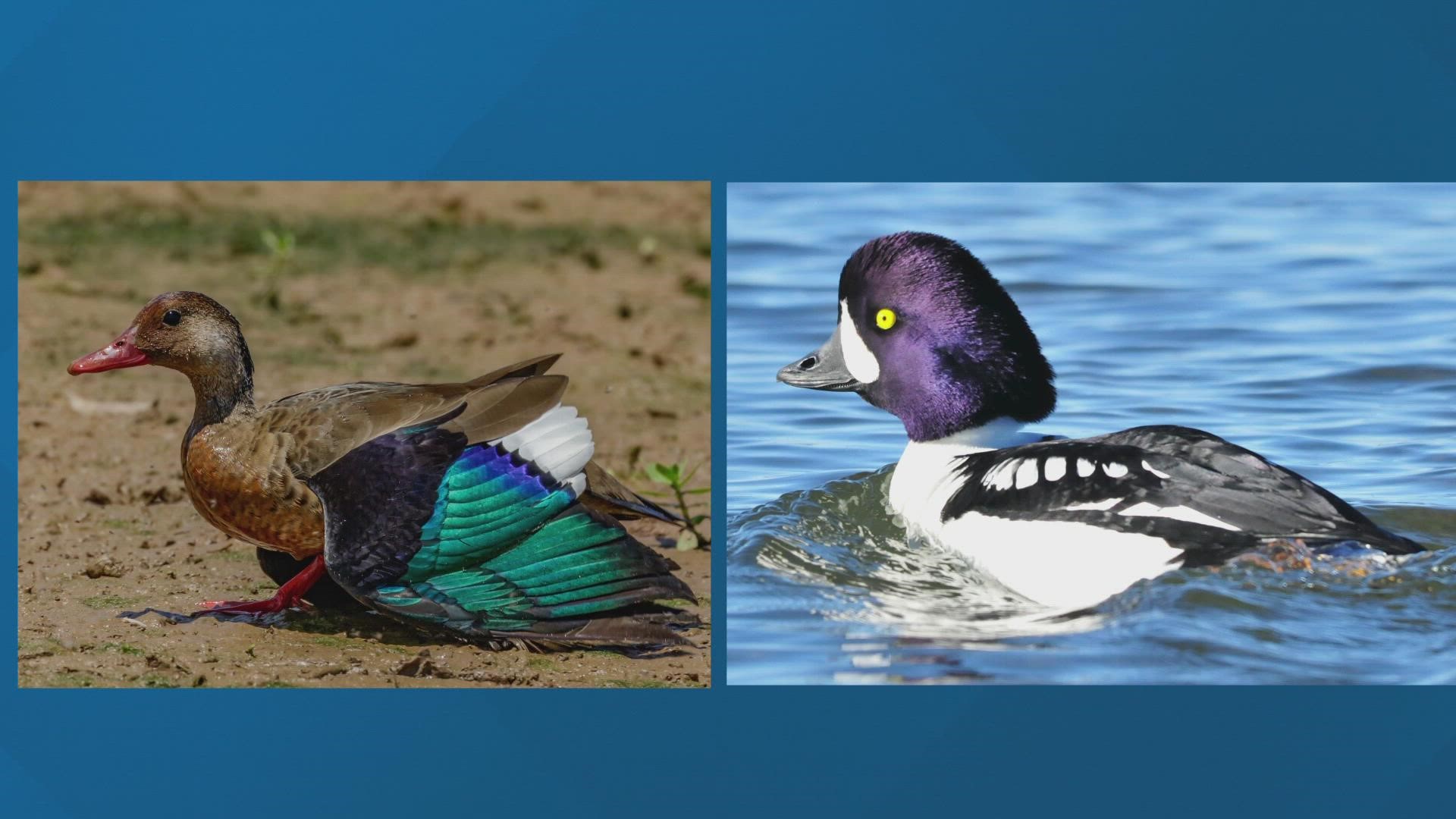DENVER — Two birds at Denver Zoo that recently died tested positive for avian flu, the zoo tweeted Monday.
A Brazilian teal and Barrow's goldeneye were the birds that died, according to the zoo.
The zoo said samples taken from the birds came back as presumptive positives during tests that were run at the Colorado State University Veterinary Diagnostic Laboratory. The results were then confirmed by the U.S. Department of Agriculture's National Veterinary Services Laboratory.
The highly pathogenic avian influenza (HPAI) can cause severe illness and death in waterfowl and other bird species, according to the CDC.
The zoo said it is initiating its highest level of safety protocols according to its HPAI guidelines. The protocols call for isolating any birds that may have been exposed to HPAI and implementing enhanced biosecurity measures for all staff that works with birds.
The zoo's bird keepers and veterinarians are closely monitoring all birds in our care and were prepared to manage any further cases of the virus, the zoo said in a statement.
Due to the possibility of exposure, the zoo moved its at-risk birds to a safe indoor area. Some of their bird species will not be in their outdoor habitats nor viewable to guests for at least three weeks.
Some of the bird species that were moved indoors include:
- African penguins
- Humboldt penguins
- Lorikeets
- Cassowaries
- Cinereous vultures
- Sarus cranes
- Ground hornbills
The zoo said the USDA and the Colorado Department of Agriculture will determine when it's safe for the birds to return to normal activities.
The flu has been spreading throughout the U.S. since early this year. According to USDA data, more than 4.7 million birds in Colorado have been affected by avian flu outbreaks in 2022. The virus has been reported in 43 states so far, affecting nearly 45 million birds.
While HPAI is highly transmissible between bird species, its transfer to humans is very rare. There has only been one reported human case in Colorado in 2022.
SUGGESTED VIDEOS: Animals and Wildlife

